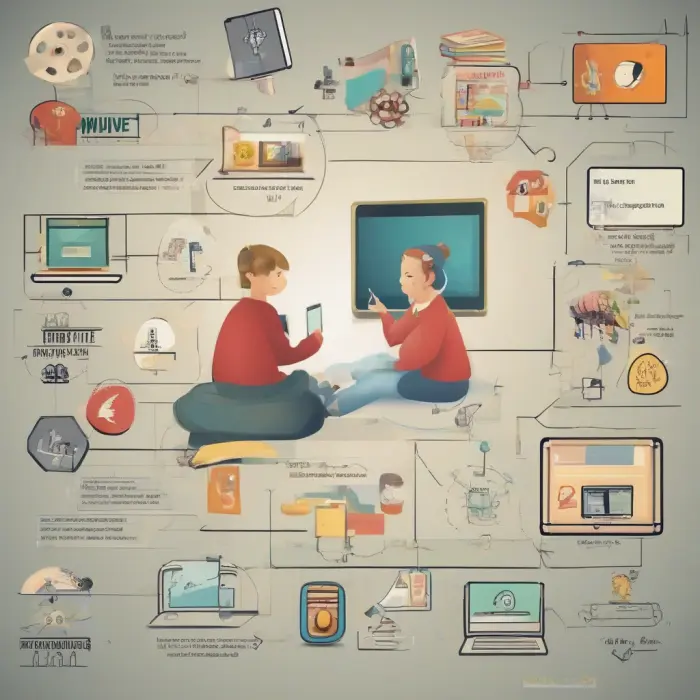Effective Tips for Managing Screen Time for Kids
In this digital age, screen time management for kids has quickly become one of the most hotly debated topics. It is a concern most parents have as they try to kill the fine line between depriving their kids of the benefits of digital play and exposing them to the potential negatives. This article provides useful tips to manage your kids’ screen time effectively.
Understanding Screen Time
Before diving into strategies to manage screen time, it's essential to understand what 'screen time' means. It refers to the amount of time spent on electronic devices such as computers, tablets, smartphones, and television.
Why Is Managing Screen Time Important?
Excessive screen time has been linked to an array of problems like obesity, sleep disorders, and behavioral issues among kids. Although these devices can be educational and entertaining, parents must control the amount of time their children spend using them to ensure it does not affect their overall wellbeing.
Tips to Manage Screen Time
Create Screen-Free Zones and Times
An excellent first step to managing screen time is creating rules about when and where your kids can use screens. Designate certain areas in your home as screen-free zones such as the dining room and bedrooms. In addition, you can set screen-free times, like during dinner or an hour before bedtime.
Implement Screen Limits
One of the most effective ways to manage your child's screen time is to set limits. You might allow them a certain number of hours each day or only allow them on specific days. It would help if you strived to maintain consistency with these limits.
Encourage Other Activities
Encourage your child to engage in activities such as reading, playing outdoors, or participating in hobbies that don't involve screens. This not only minimizes screen time but also promotes physical activity and cognitive development.
Educate Your Children
Teach your children about the downsides of too much screen time. Let them understand that while screens can be useful tools for work and education, excessive use can harm their health and social skills. Your child is more likely to cooperate and manage their screen time reasonably when they understand 'why'.
Use Parental Controls
Take advantage of the parental controls provided by most digital devices. These controls can limit access to certain content, restrict internet use, and even regulate the amount of time your child spends on the device.
Conclusion
While managing screen time can be challenging, with patience and consistency, it can be achieved. Remember that moderation is key. Each child is unique, and what works for one may not work for others. The good news is that there are many strategies to explore, so find what works best for you and your child.










